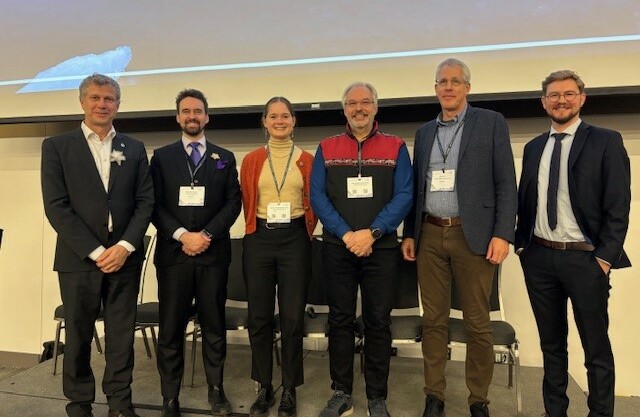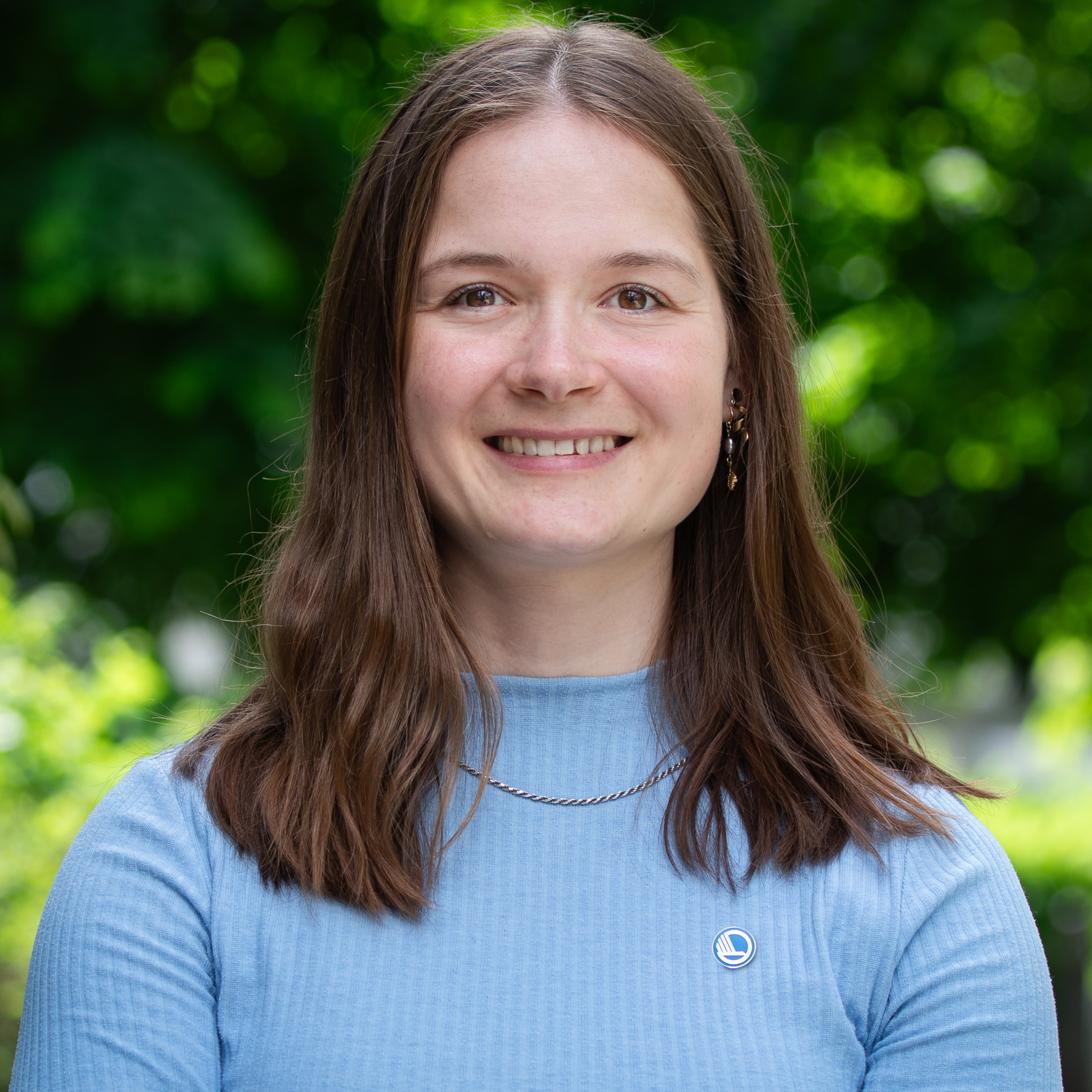
A Nordic approach to Arctic change
Last month, Nordic Energy Research's CEO Klaus Skytte and Adviser Ditte Stiler had the pleasure to attend the conference Arctic Change in Ottawa. The Arctic Change Conference is part of…
Last month, Nordic Energy Research’s CEO Klaus Skytte and Adviser Ditte Stiler had the pleasure to attend the conference Arctic Change in Ottawa. The Arctic Change Conference is part of ArcticNet‘s Annual Scientific Meeting and gathers a wide range of research in and about the Arctic and northern regions. Nordic Energy Research contributed to the event with the session Building Sustainable Energy Futures – A Nordic Approach.
In order to develop effective climate strategies, collaboration and knowledge exchange across disciplines and Arctic regions is essential. Therefore, our session addressed Nordic and Arctic ways of overcoming silos to achieve a sustainable and just Arctic energy landscape.
In addition, Nordic Energy Research’s participation marked the first year of collaboration with the ArcticNet as our new Canadian partner – a partnership that was enabled through funding from the Nordic Council of Ministers.

The panellists of Nordic Energy Research’s session at Arctic Change 2024. From left: Klaus Skytte, CEO, Nordic Energy Research, Michael Ross, Industrial Research Chair in Northern Energy Innovation Research Group, Yukon University, Ditte Stiler, Adviser, Nordic Energy Research, Niels Erik Hagelqvist, Special Adviser, Nukissiorfiit, David Hik, Chief Scientist and Executive Director, Polar Knowledge Canada, and Jacob Bay Lindkvist, Minister-Counsellor and Deputy Head of Mission, the Embassy of Denmark in Canada.
Jacob Bay Lindkvist, Minister-Counsellor and Deputy Head of Mission at the Embassy of Denmark in Canada, introduced the session. His presentation illuminated the strong diplomatic relations, shared history, and essential collaboration between the Nordic countries and Canada.
Key take-aways
We are seeing innovative energy initiatives and the implementation of renewable energy technologies under Arctic conditions. These initiatives include, for instance, wind power, solar energy, hydropower, biofuels, waste treatment and incineration, energy efficiency measures for households, tidal power, and geothermal energy.
Increased knowledge sharing might seem like a cliché conclusion or a point on a wish list within the renewable energy transition. However, sharing of knowledge must not be underestimated, as learning from completed renewable energy projects in the Arctic can:
1) Limit the risk of failure
2) Be cost-effective
3) Accelerate the planning of renewable energy projects in other areas.
We should learn from the successes and challenges of such projects.
It is important to recognise the uniqueness of local communities in the Arctic, which Michael Ross, Industrial Research Chair in Northern Energy Innovation Research Group at Yukon University, put well.
“If you have visited one community, you have only visited one,” according to Ross.
One of the goals of Nordic Energy Research is to facilitate essential knowledge sharing through its Net Zero Islands Network and collaborations with Scotland, Ireland, and Canada. The inclusion of local experts from different islands and remote areas can foster a deeper understanding of the unique conditions of the represented areas, as well as the shared similarities and applicability of results.
Nordic reception and future cooperation
Together with the Norwegian Embassy in Ottawa, Nordic Energy Research also held a Nordic reception during the Arctic Change conference. The reception gathered around 30 Nordic and Canadian stakeholders at the Norwegian residence, for discussions on the mutually important Nordic-Canadian cooperation.
Finally, Nordic Energy Research used the occasion of being in Canada to visit the National Research Council Canada in Ottawa, Polar Knowledge Canada, UOttawa, and Waterloo University.
We would like to thank all involved parties for five inspiring days. We look forward to continuing our fruitful energy collaborations across the Arctic.

